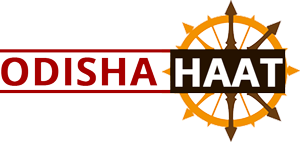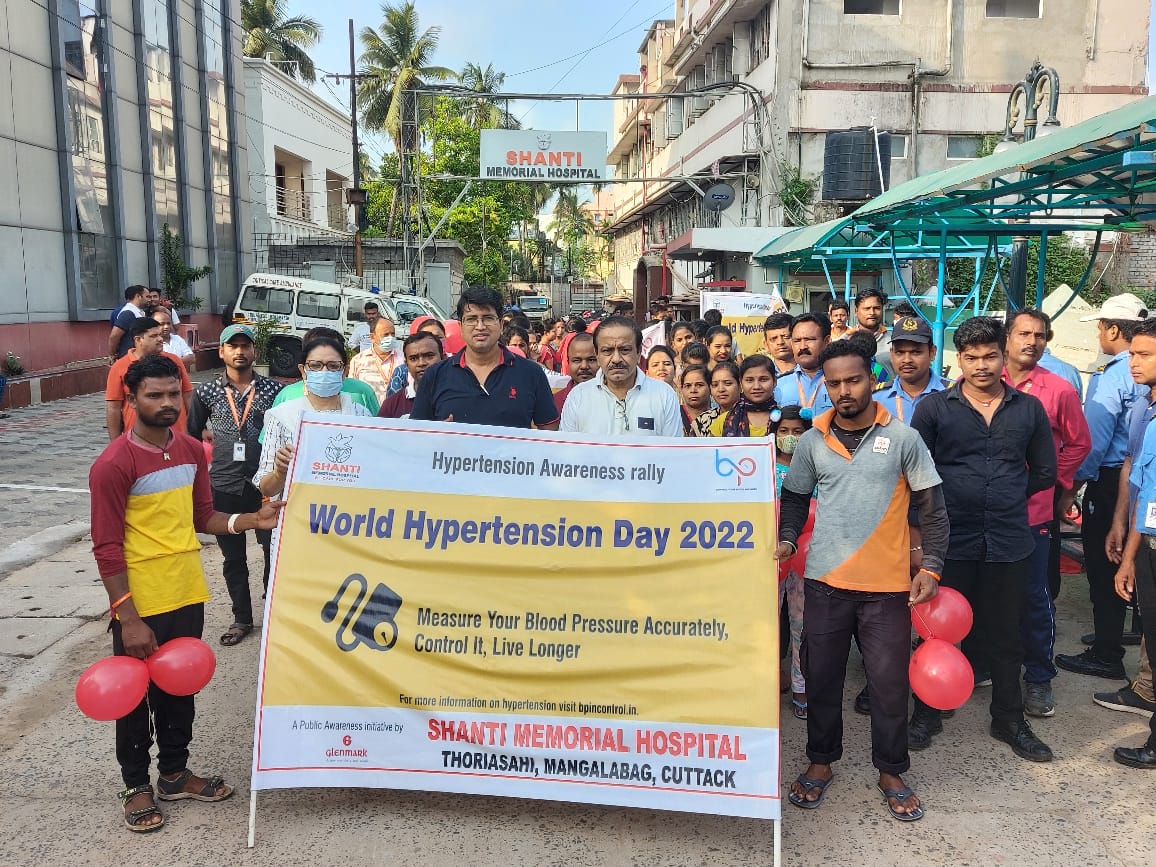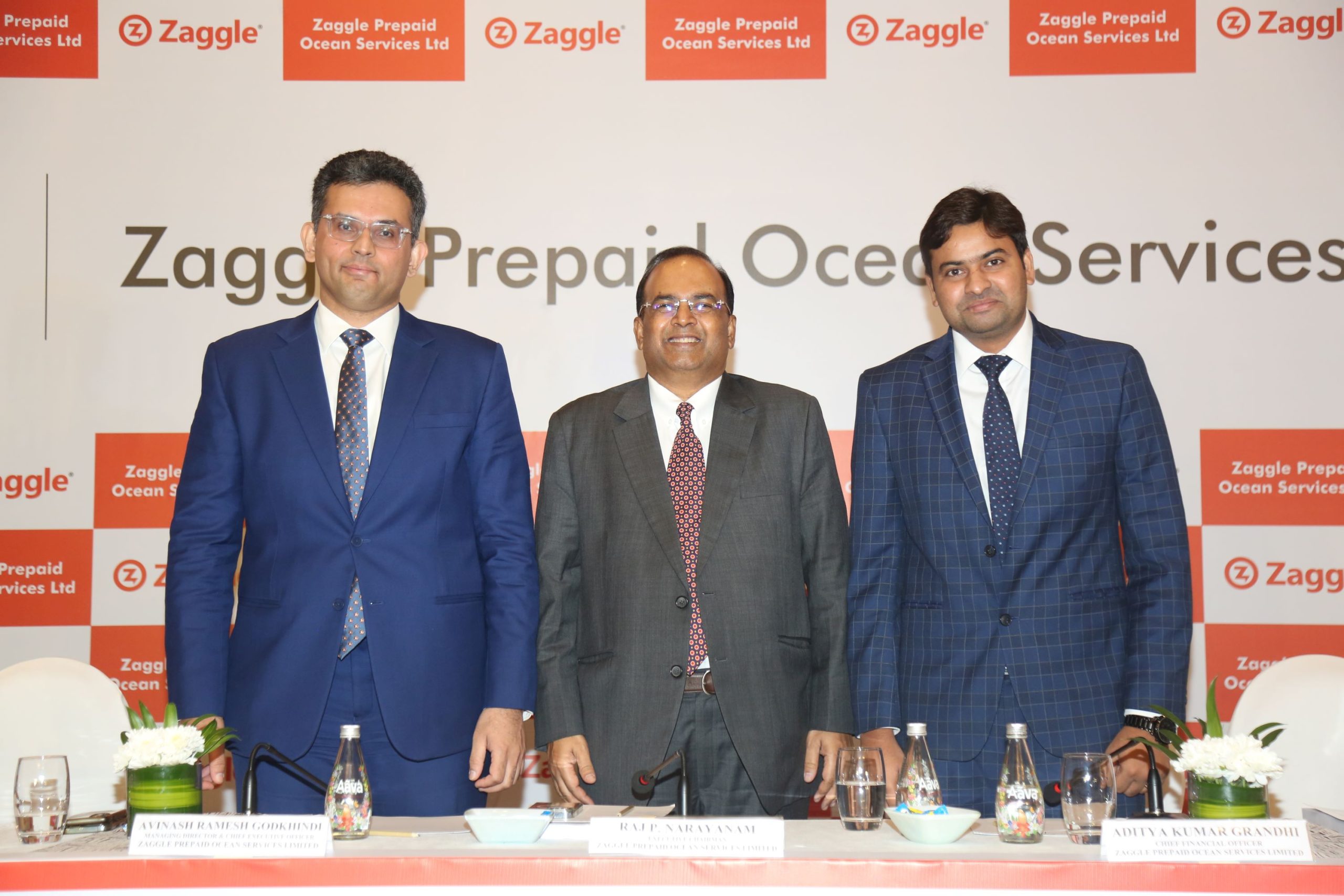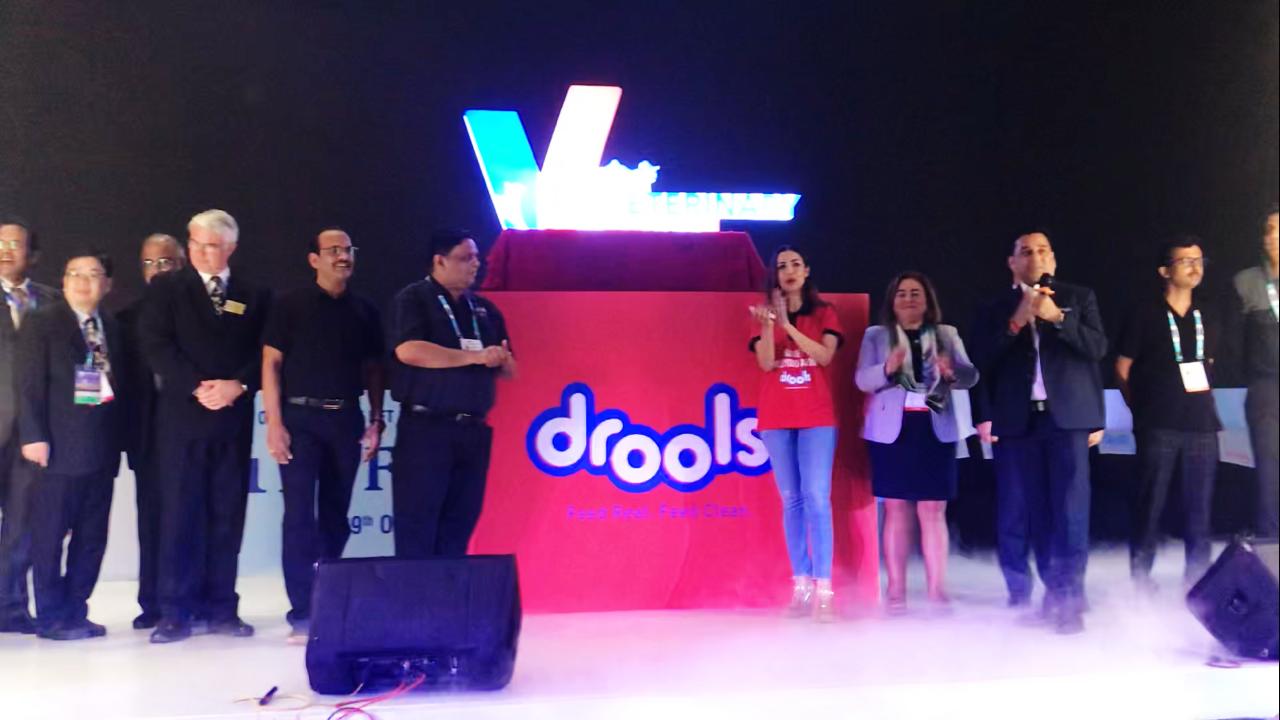Tata Steel Foundation’s Education Signature Programme mainstreams more than 34,000 marginalised children in Odisha from 2015- 2023
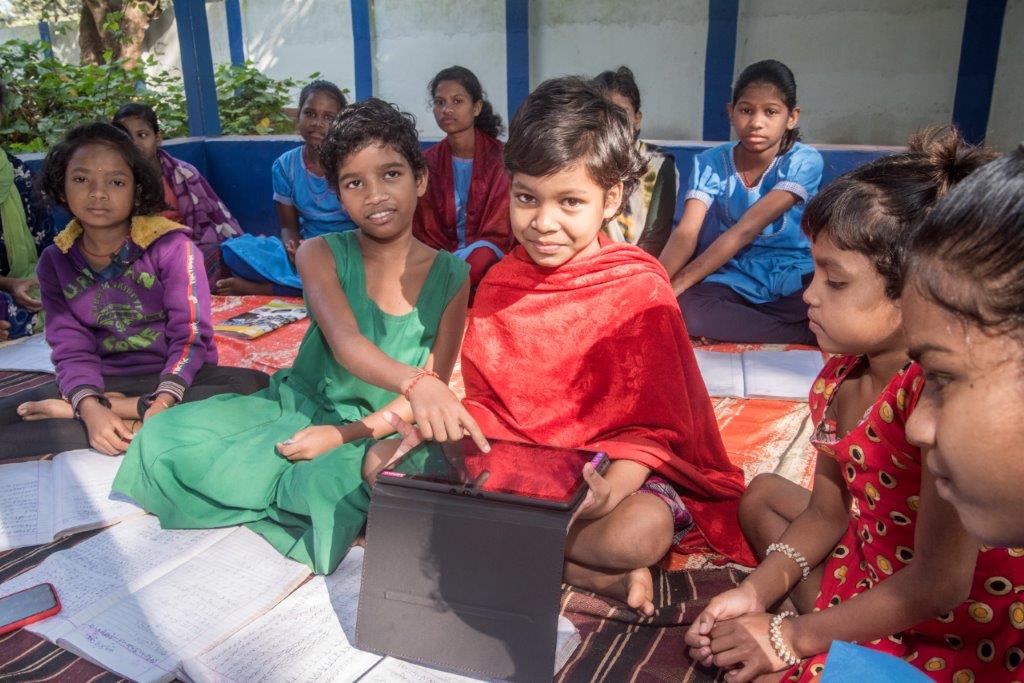
1,10,709 children in Odisha overcame their foundational learning deficits through the initiative called Education programme within 5- years
Six blocks declared Child Labour Free Zone as part of this programme, operational since 2015- 2020
Bhubaneswar: Bijaya Behera (not his real name), a 12-year-old boy from Odapada block of Dhenkanal, was struggling to continue his studies due to the distance from school and the costs associated with higher education, a situation worsened by the COVID-19 pandemic. Finally, this boy, from the Kottam panchayat in the Odapada Block, dropped out of school.
However, the volunteers from Tata Steel Foundation (TSF) got to know him during one of the regular community visits and enrolled him at the Non-Residential Bridge Courses (NRBC) Centre at Juangasahi, established with the support of TSF’s NGO partner ASPIRE and the Juanga Community of Jaripal village. These schools, managed as part of the Education Signature Programme (ESP) of TSF, are instrumental in reintegrating out-of-school children like Bijay into formal education.
Bijay was able to attend the NRBC centre and rediscover his love for learning. After six months of studying at the NRBC centre, he is now a proud student at Kottam Government High School, and his future looks brighter than ever.
Designed with the vision of providing ‘equitable and quality secondary education’, ESP has spread its roots across 3829 government schools in Jajpur, Keonjhar, Sundargarh, and Dhenakanal districts, spanning 6637 habitations in mostly the tribal regions of Odisha.
Silli Barik, a community facilitator of Aspire from Duburi cluster, Jajpur states “When a child is identified as out-of-school, we document it in the village education register (VER). Subsequently we engage with the parents to discuss the importance of schooling. If there’s resistance, the Child Rights Protection Forum, a local committee, steps in to persuade them. Once we have consent from the parents, we make sure the child returns to school. “
At its core, ESP stands tall on three pillars: access, learning, and governance. Under ESP’s umbrella, six blocks in Odisha, namely Danagadi, Sukinda, Harichandanpur, Joda, Koira and Kutra have achieved Child Labour Free Zone status over a period of 5 years,2015-2020.
Like Bijaya of Dhenkanal, Ajay Munda (not his real name) from Danagadi, who had once left school after the fifth grade, found his path redirected through the Residential Bridge Course (RBC) at Tomka, Danagadi. Currently, he is pursuing mining engineering at the Government Polytechnic, Ragadi, Jajpur. Recounting his transformative journey, Ajay shares, “I never believed I would have the opportunity to study again. Didi (a member of the ESP team) approached our family, spoke to my parents, and I was enrolled in the RBC. Today, I’m forging ahead in mining engineering.”
A testament to ESP’s commitment, over 34,089 children from Odisha, primarily from the ST and SC communities, have returned to school. A disheartening reality in our nation is the number of children who remain semi-literate even after years of schooling. To address this, ESP introduced the Learning Enhancement Programme (LEP) in the year 2015. Adapting global pedagogical practices to the rural Indian context, this programme seeks to bridge the gap between ‘Learning to Read’ and ‘Reading to Learn’.
“Our work in education is strongly focused on the last-mile child, the most disadvantaged, first-generation learners, predominantly from Adivasi and Dalit communities, to emerge from the trap of child labour, regain their childhood and progress towards completing secondary school, thus transforming their own lives and that of their families and their communities” says Smita Agarwal, Head, Education, TSF.
In FY23 alone, about 1,10,709 children in Odisha overcame their foundational learning deficits through ESP, with a significant portion working in tandem with the government’s Foundational Literacy and Numeracy Campaign, aimed at mitigating COVID learning loss. During the pandemic’s peak, the initiative displayed adaptability by reaching out to 1,50,000 children through TSF’s Lockdown Learning Programme.
These efforts were later enriched in collaboration with the University of Turku in Finland. The pilot, which began in 20 schools in 2022, saw rapid expansion, touching 53 schools in Jajpur district, Odisha, and is set to grow even further in the coming fiscal year. A standout feature of this collaboration with the University of Turku is the blend of international materials and local pedagogy. It emphasises experiential learning, integrating digital aids, internet resources, and videos. Over 4149 middle school students are experiencing a revitalised education approach, especially in challenging subjects like math and science.
